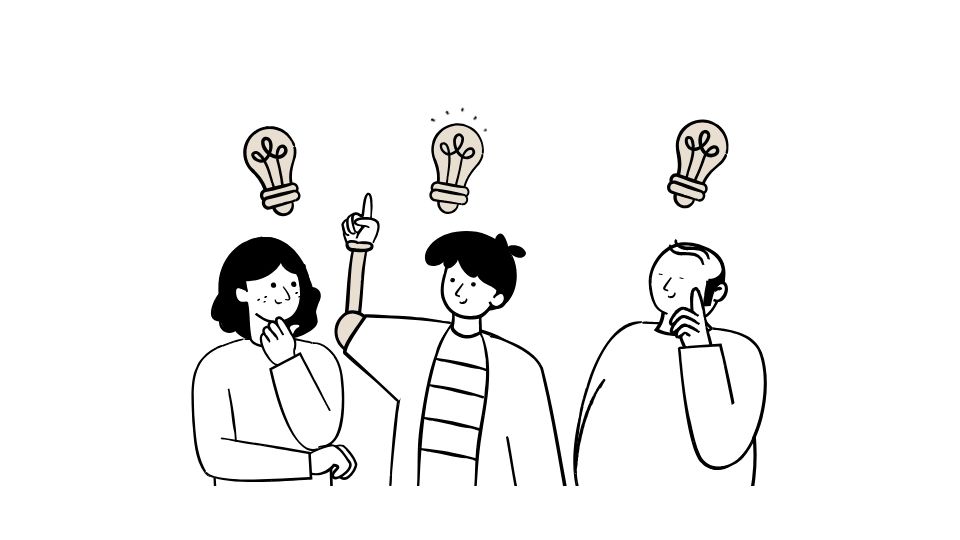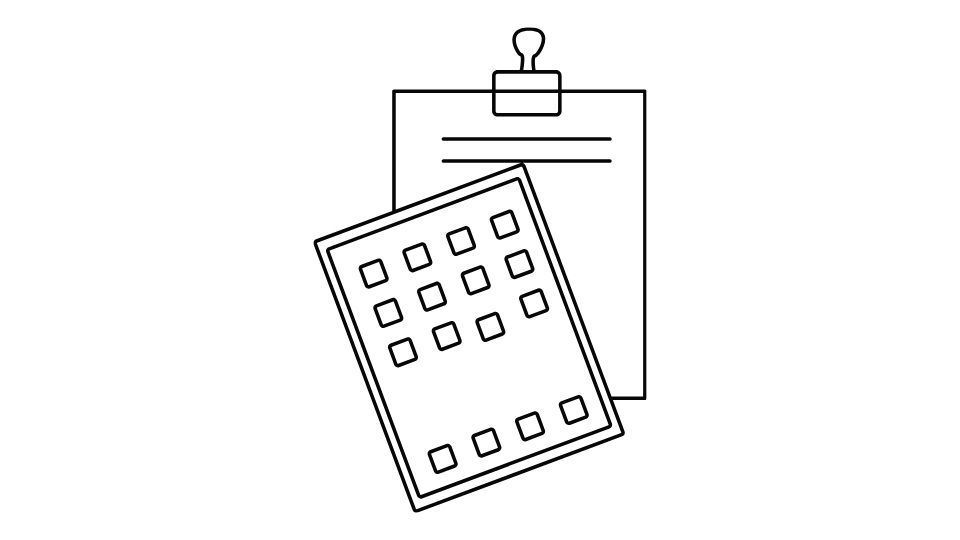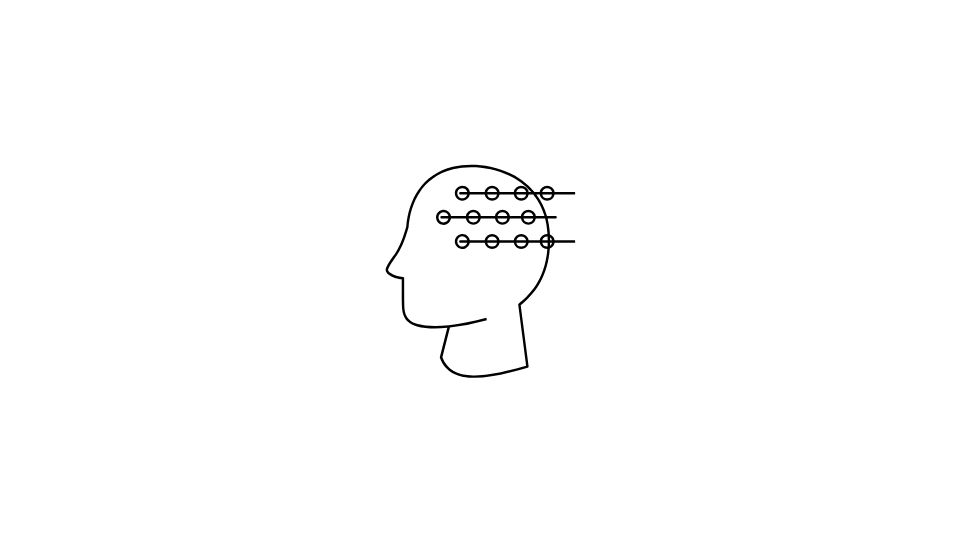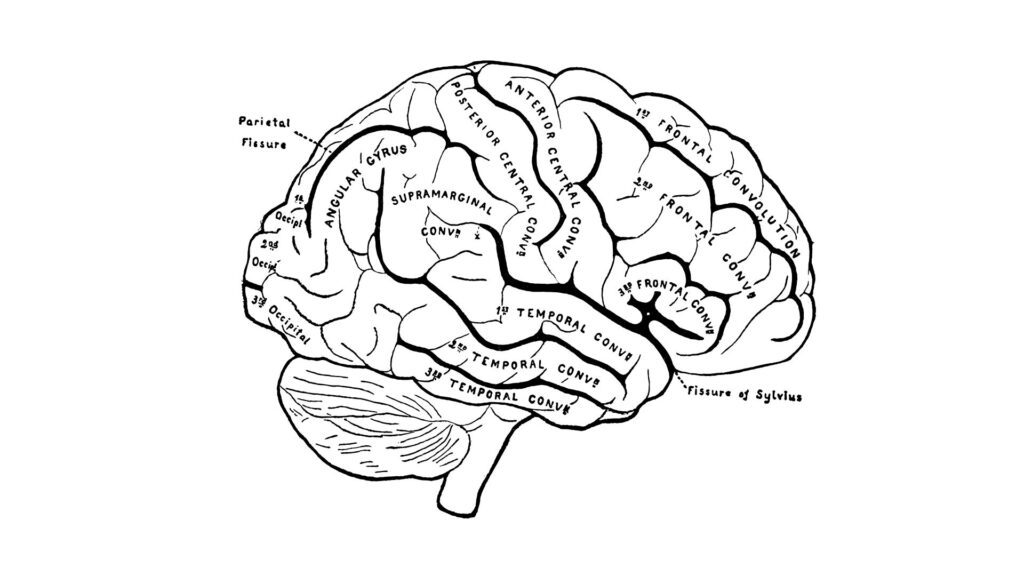What Is Outpatient Mental Health Treatment and How Does It Work?

Mental health isn’t just for people in hospital gowns sitting in padded rooms (though that’s what the movies show us). Most of us who need help with our mental health get it while still living our normal lives.
That’s where outpatient mental health treatment comes in – it’s mental healthcare you get while still sleeping in your own bed at night.
Let’s dive into what outpatient mental health treatment really is, how it works, and why it might be exactly what you need.
What Outpatient Mental Health Treatment Really Means
Think of outpatient mental health treatment as the middle ground between “figuring it out on your own” and “checking into a facility.” It’s professional mental health support that fits into your existing life.
You get the help you need without putting your entire life on pause. You can still:
- Keep your job
- Live at home
- Take care of your kids
- Maintain your social life
- Sleep in your own bed
The key difference from inpatient care? You don’t stay overnight at a treatment facility.
How Outpatient Mental Health Treatment Actually Works

So what does the process actually look like? Let’s break it down:
1. The Initial Assessment (AKA Getting to Know You)
First, you’ll have an in-depth chat with a mental health professional. This isn’t just small talk – they’re trying to understand:
- Your specific challenges
- Your symptoms and how they affect your life
- Your goals for treatment
- Your personal history
Based on this conversation, they’ll create a treatment plan customized just for you. This might include different types of therapy, medication recommendations, or other interventions depending on your needs.
2. Treatment Settings (Where the Magic Happens)
The cool thing about outpatient care is that it can happen in lots of different places:
- Traditional clinics or offices
- Hospital outpatient departments
- Community mental health centers
- Private practices
- Through your computer screen (telehealth)
The rise of telehealth has been a game-changer for mental health treatment. Research shows that virtual therapy can be just as effective as in-person for many conditions, while being way more convenient.
3. Session Frequency (How Often You’ll Go)
This varies WIDELY based on your needs:
- Weekly sessions are most common
- Some people need multiple sessions per week
- Others might only go bi-weekly or monthly
The beauty of outpatient care is that it’s flexible. Your schedule can adjust as your needs change.
Between sessions, you’ll often have “homework” – things like journaling, practicing mindfulness, or trying new coping strategies in real-life situations.
4. Progress Monitoring (Making Sure It’s Working)
Your provider will regularly check in on how you’re doing and whether the treatment plan is working. If something’s not helping, they’ll adjust the approach.
Mental health treatment isn’t one-size-fits-all, and what works for someone else might not work for you. Good outpatient care recognizes this and evolves as needed.
Types of Outpatient Mental Health Services

There’s a whole menu of options when it comes to outpatient mental health care:
Individual Therapy
This is the classic one-on-one session with a therapist. You get private time to work through personal issues, develop coping strategies, and receive undivided attention.
Different therapists use different approaches – from cognitive-behavioral therapy (CBT) to psychodynamic approaches to acceptance and commitment therapy (ACT).
Group Therapy
Don’t knock it till you try it! Group therapy puts you together with others facing similar challenges. There’s something incredibly powerful about realizing you’re not alone.
Groups typically have 5-15 members and are led by one or two trained therapists. Topics can range from general mental health to specific issues like anxiety, depression, or trauma recovery.
Family Therapy
Sometimes the issue isn’t just about you – it’s about patterns and dynamics within your family system. Family therapy brings relevant family members together to improve communication, resolve conflicts, and create healthier relationships.
This can be especially helpful for:
- Parents and children
- Couples navigating mental health challenges
- Families adjusting to major life transitions
Medication Management
For many mental health conditions, medication can be a game-changer. Outpatient medication management typically involves:
- Regular appointments with a psychiatrist or nurse practitioner
- Monitoring how well medications are working
- Adjusting dosages as needed
- Managing side effects
- Finding the right combination for your specific needs
These appointments are often shorter than therapy sessions but are crucial for maintaining stability for many conditions.
Skills Training
Some outpatient programs focus specifically on teaching practical skills to manage specific mental health challenges.
The most well-known example is Dialectical Behavior Therapy (DBT) skills groups, which teach emotional regulation, distress tolerance, interpersonal effectiveness, and mindfulness.
Support Groups
Less clinical than therapy groups, support groups are often peer-led or lightly facilitated spaces to share experiences and get encouragement. They’re usually focused on specific situations like:
- Grief and loss
- Addiction recovery
- Chronic illness management
- Parenting challenges
Intensive Outpatient Programs (IOPs): When You Need More
Sometimes regular outpatient therapy isn’t quite enough, but hospitalization is more than you need. That’s where Intensive Outpatient Programs (IOPs) come in.
These structured programs typically involve:
- 3-5 days per week of treatment
- 3-4 hours per day of therapy and services
- A combination of group, individual, and family therapy
- Focus on specific therapeutic approaches like CBT or DBT
- Medication management if needed
- Help connecting to community resources
IOPs are great for:
- People transitioning out of inpatient care
- Those who need more support than weekly therapy
- People whose mental health is affecting their ability to function but who don’t need 24/7 supervision
Think of IOPs as “mental health bootcamp” – intensive, focused, but still letting you go home at night.
Why Outpatient Treatment Makes Sense (The Benefits)
There are some serious advantages to the outpatient approach:
1. Real-World Application
Perhaps the biggest advantage: you’re learning skills and then immediately applying them in your actual life. Instead of practicing coping skills in a controlled environment, you’re using them where it matters – in your day-to-day world.
2. Flexibility & Convenience
Outpatient care works around YOUR schedule, not the other way around. Evening appointments, weekend sessions, and telehealth options make it possible to get help without upending your life.
3. Cost-Effectiveness
Let’s be real – mental health care can be expensive. Outpatient treatment is generally much more affordable than inpatient care, meaning you can sustain it longer. Many insurance plans cover outpatient mental health services, making them accessible to more people.
4. Community Connection
Staying connected to your support network is crucial for mental health recovery. Outpatient treatment lets you maintain those connections rather than removing you from them.
Who Benefits Most from Outpatient Care?

Outpatient mental health treatment works well for many different situations:
Anxiety and Depression
These common conditions often respond very well to outpatient treatment. A combination of therapy (especially CBT) and medication management can make a huge difference in symptoms while allowing you to keep up with your daily responsibilities.
Substance Use Issues
Many people successfully address substance use disorders through outpatient programs. These typically combine:
- Individual therapy
- Group support
- Sometimes medication-assisted treatment
- Regular drug testing
- Relapse prevention planning
Trauma Recovery
Specialized outpatient trauma treatment, including evidence-based approaches like EMDR or trauma-focused CBT, can help people process and heal from past trauma without the need for hospitalization.
Life Transitions
Major life changes – divorce, job loss, becoming a parent, retirement – can trigger mental health challenges that benefit from outpatient support.
Is Outpatient Care Right for You?

Outpatient mental health treatment is ideal if:
- You’re able to function in daily life but need support
- You have a stable living situation
- You don’t pose an immediate risk to yourself or others
- You’re willing and able to attend appointments consistently
- You have some support system in place
However, outpatient care might not be enough if:
- You’re in an active crisis or emergency
- You’re having serious thoughts of harming yourself or others
- You need medical detox from substances
- You need 24/7 monitoring or care
- Your home environment is unsafe or triggering
Final Thoughts
Mental health treatment doesn’t have to mean putting your life on hold. Outpatient care offers professional support while letting you maintain your independence and practice new skills in real-time.
Whether you’re dealing with anxiety, depression, trauma, substance use, or just life stress, there’s probably an outpatient option that fits your needs and lifestyle.
The most important thing? Taking that first step.
Mental health support is more accessible than ever, and finding the right outpatient program could be the game-changer you’ve been looking for.

